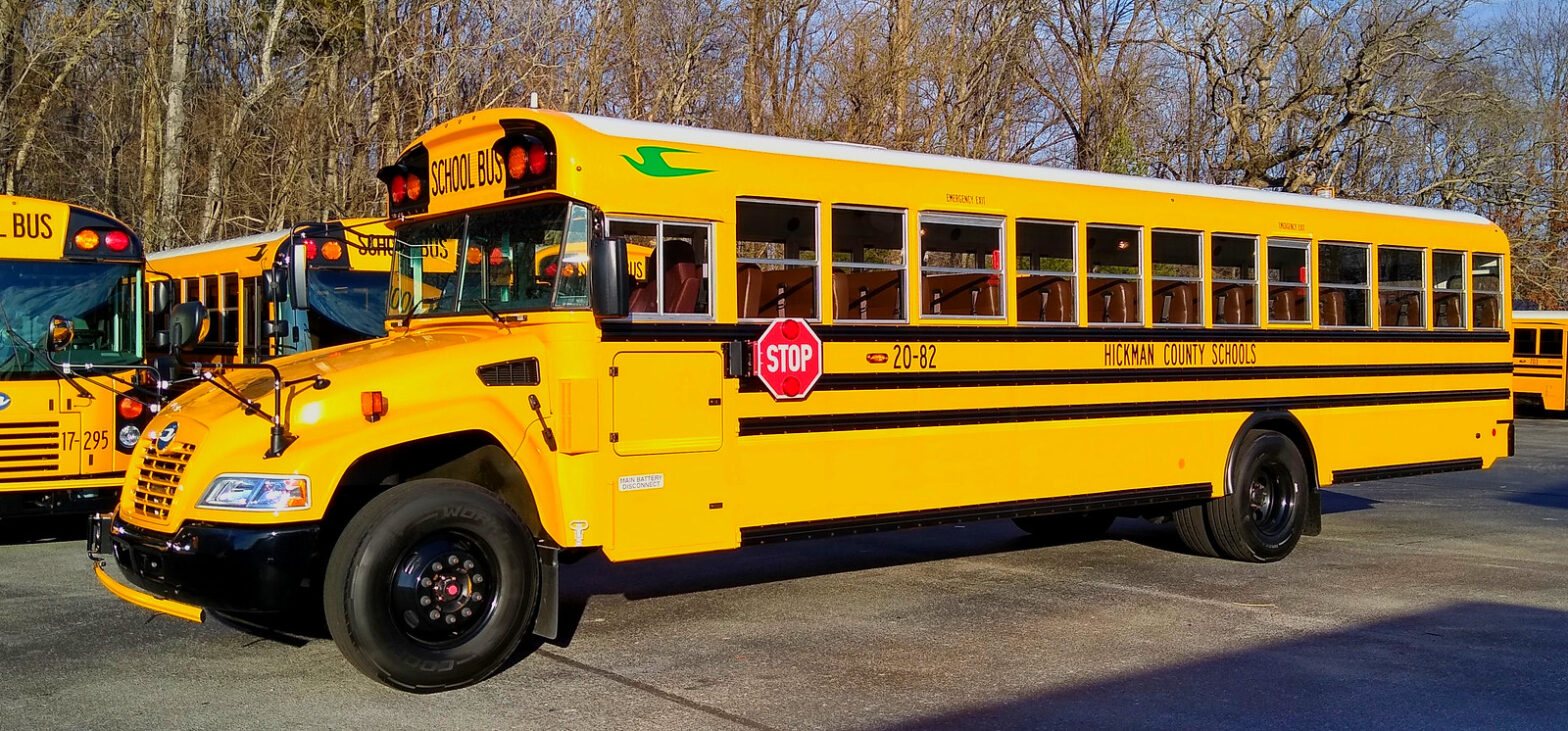Newport News, Virginia – NNPS Receives Government Grant for Propane School Buses
Newport News Public Schools in Newport News, Virginia have secured a $525,000 grant to enhance their transportation fleet with eco-friendly alternatives, transitioning from diesel to propane-powered school buses. This funding, part of the U.S. Environmental Protection Agency’s Clean School Bus Grant, will support the acquisition of 15 new propane school buses. This initiative is part… Continue reading Newport News, Virginia – NNPS Receives Government Grant for Propane School Buses


